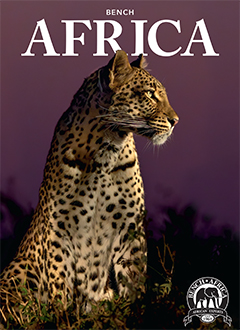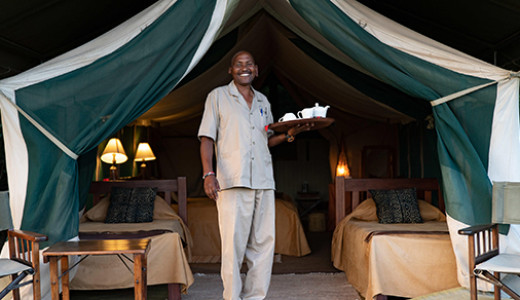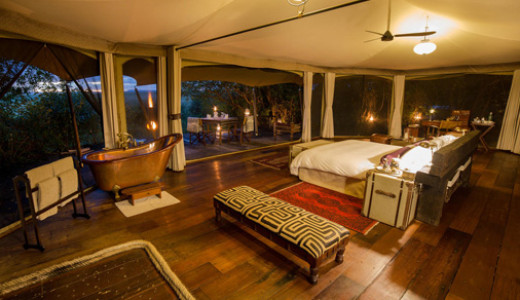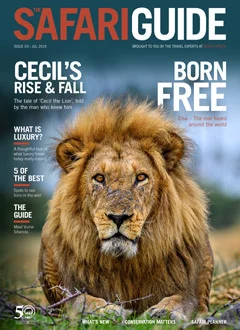With the impact of Coronavirus being felt around the world, countless conservation projects in Africa are feeling the pinch. With travel and tourism on hold the budgeted revenue for the safari industry is plummeting, much of which is committed to protected area management and wildlife preservation. In fact, it is projected that the tourism industry brings in approximately $40 billion for these causes, as stated by the African Wildlife Foundation.
The local communities living in and around these wild and remote areas rely heavily on tourism, so they have also been heavily impacted by the fallout from the Coronavirus pandemic. With strict lockdowns in place and normal movement of tourists, workers and locals alike drying up throughout Africa’s national parks, the greatest threat that looms is the potential increase in poaching. This is the same threat for organised poaching and subsistence poaching.
With that said, the African continent is no stranger to difficulties and for many years has led the way in rising to a challenge and championing conservation efforts that are now emulated throughout the world. And so, depsite the fact that the all-important injection of the tourist dollar is on hold, the daily efforts to care for hundreds of thousands of square kilometres of pure wilderness remains ongoing. So, what is happening in the conservation space in Africa during the pandemic? What is being done to ensure that the global health crisis doesn’t undo decades of conservation work in Africa?
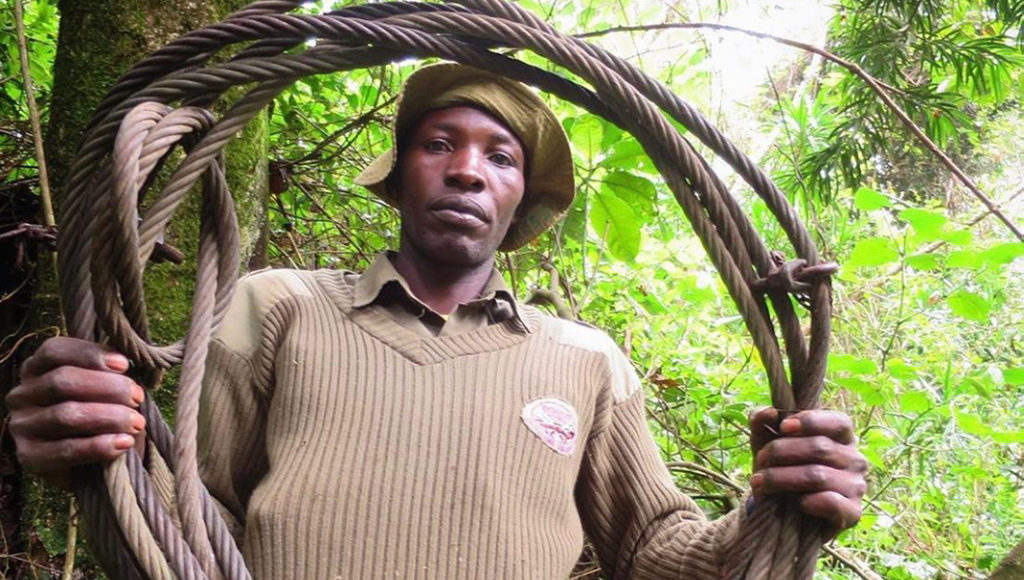
On a ‘normal’ day of operation, most lodges and national parks have vehicles moving throughout the area from before sun rises to after the sun sets. Having all these eyes and ears on the ground can act as a deterrent to poachers, which is why, despite having no guests to host, many lodges around Africa have kept their operations remaining on a skeleton staff model to ensure vehicles are still present and driving around the national parks and concessions in which they operate.
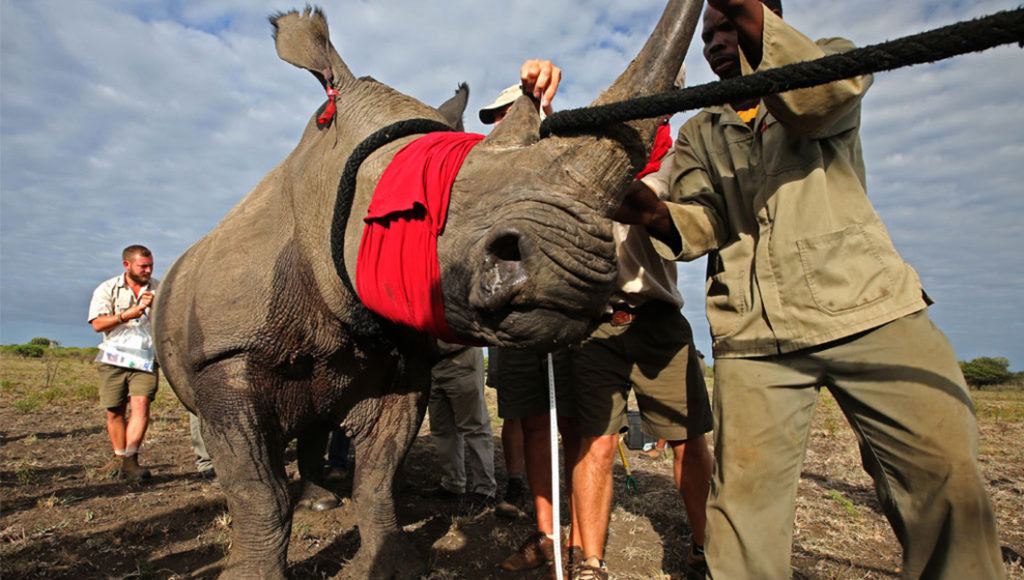
An ongoing Rhinos Without Borders project to relocate rhinos from poaching hotspots around Africa to other areas to create an additional source population remains active during the pandemic. In particular with the ongoing flooding of the Okavango Delta in Botswana, government workers are racing to evacuate the few remaining Black Rhinos in the vast, swampy area. Botswanan officials consider the evacuation essential now because they’re increasingly concerned that poachers are emboldened by the absence of safari-goers during the pandemic. The location in which the rhinos are being relocated to remains confidential. Not for profit organisations such as Rhinos Without Borders are supported by donations and contributions from many sources, including tourism businesses such as Great Plains Conservation who are continuing to support them in a time of crisis through many means including deploying their camp staff to assist within anti-poaching units.
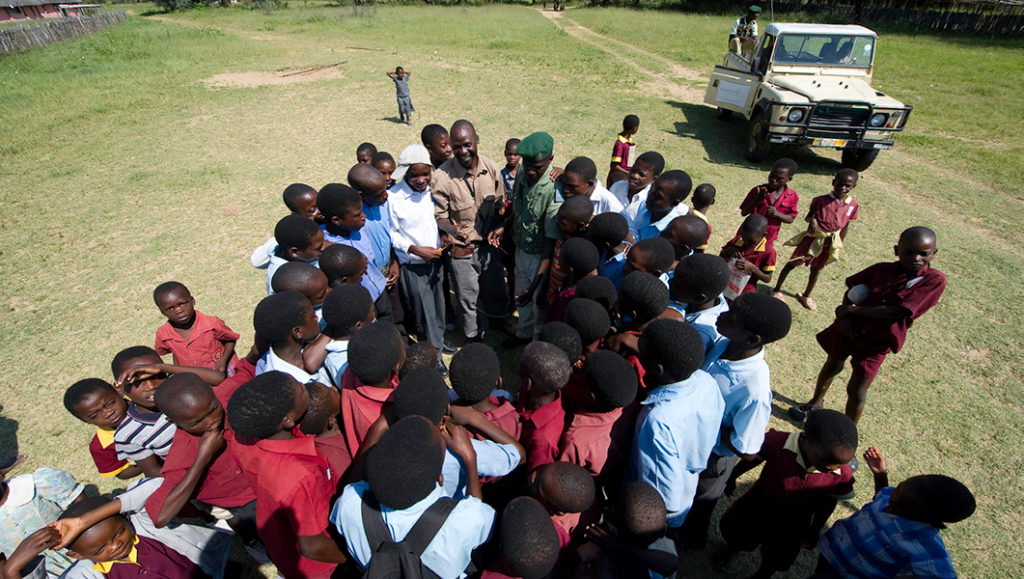
Many of the safari camps/lodges and tourism businesses in Africa work directly with the local communities in the areas in which they operate and for most, a percentage of the tourism revenue that they earn gets put back into local communities. Not only does tourism revenue support local communities but many lodge staff working within safari camps are from the local community. During this time of crisis, lodges are continuing to support their local community and staff affected by job losses due to COVID-19. This is through initiatives such as Wilderness Safari’s food hampers for the Sankoyo Community based in the Okavango Delta region in Botswana, in which food hampers were donated and transported to 80 families within the community. Another example is a food drive organised by Governors Camp’s Sabyinyo Silverback lodge in Rwanda to help feed the single mothers of the Turengerubuzima Sewing Centre Project and their families. This initiative alone raised enough money to feed 90 mothers and their families.
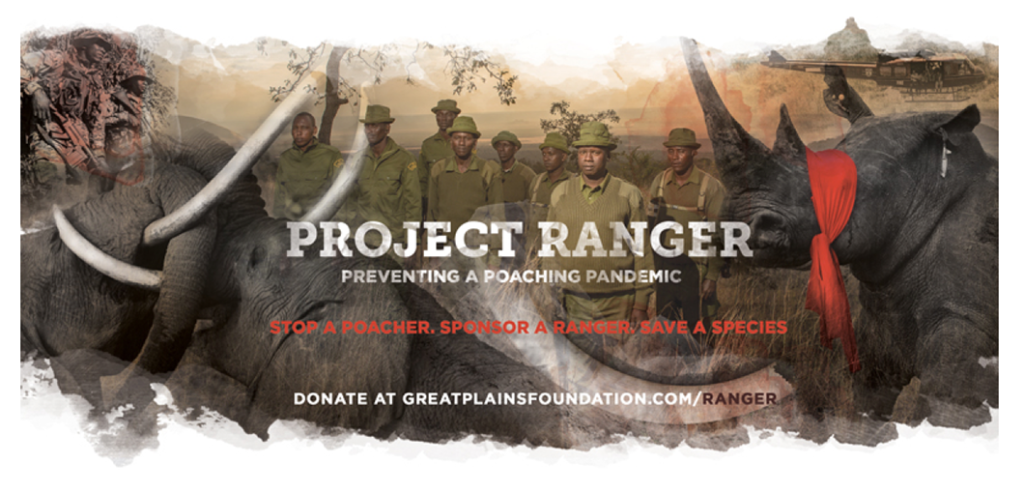
Project Ranger is an initiative set up to avoid a potential poaching pandemic. With many anti-poaching units being funded by the tourist dollar, the pandemic has left many animals vulnerable to wildlife crime. Great Plains Conservation have set up this project with an aim to raise funds to fund 5,000 rangers for a year during this downtime. Project Ranger aims to fill a critical gap in the wildlife monitoring, surveying, and anti-poaching operations of existing NGOs in Africa through an emergency fund supporting those on the frontlines of conservation.
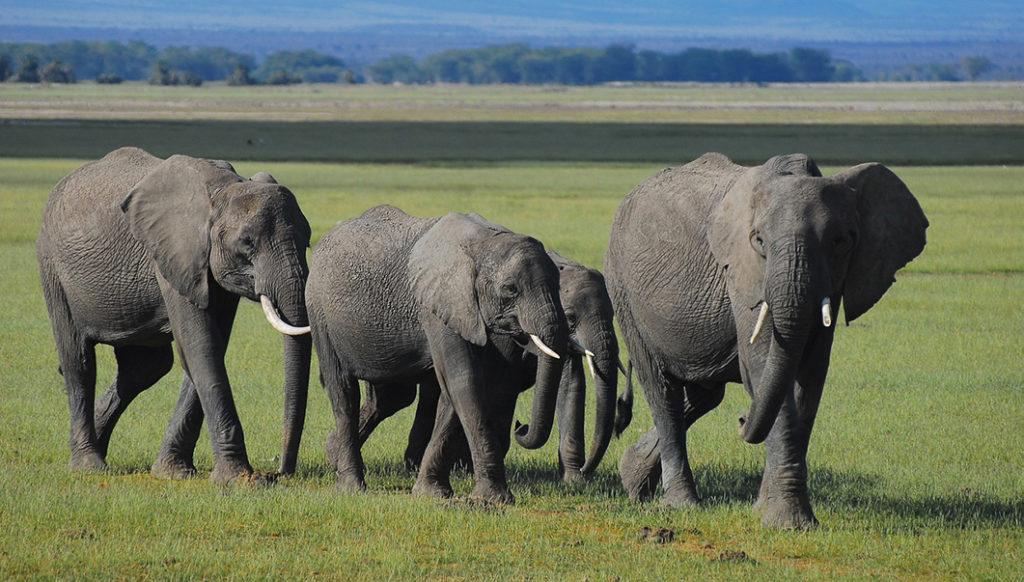
Many NGO’s, despite not having the tourism revenue, have made a conscious effort to increase their anti-poaching efforts. The Mara Elephant Project in Kenya, for example, has increased its helicopter patrols of the area, flying a total of 122 hours in 2020 already. To put that into perspective, in the last seven months of 2019 the helicopter flew 192 hours. They have also set up a donation fund to assist in the funding of keeping their helicopter in the skies patrolling, as this helicopter alone costs $400 per hour to fly. They have also conducted training within the community, set up handwashing stations and provided all rangers with face masks to assist in keeping them safe while they continue their essential work to protect the elephants of the Greater Mara ecosystem.
As you can see, on the ground in Africa conservationists and locals alike are working hard to ensure that they’re protecting the wild environment in a challenging time. With the world closed off, what can we do from here to help? Donating to an NGO that is active in conservation helps, as now more than ever, these organisations need our support. But also, if you do have a trip to Africa on the cards that's been impacted by the pandemic, consider postponing your trip instead of cancelling. Tourism, when carried out responsibly, is the light that not only keeps the conservation fire burning bright but also brings much-needed economic stability to neighbouring communities and countries at larger. To keep the fire burning, we need to ensure tourists return to the wonderful calming wilds of Africa as soon as we are safe and healthy to travel again. And after the life-changing effects of the Covid-19 virus, what we will all need is a holiday.







